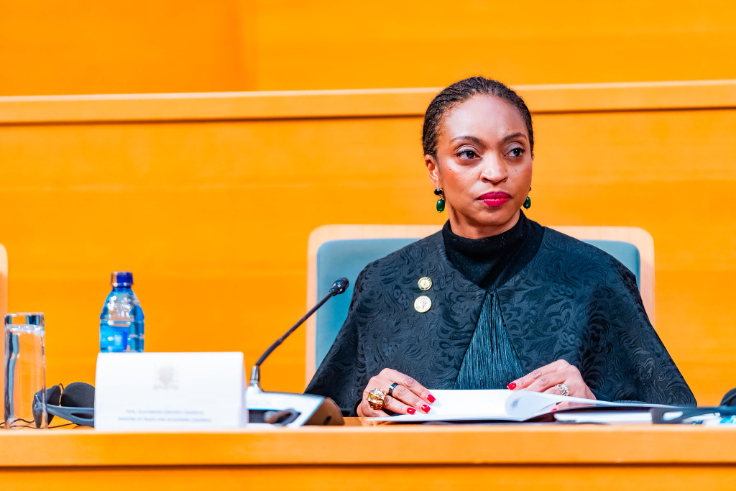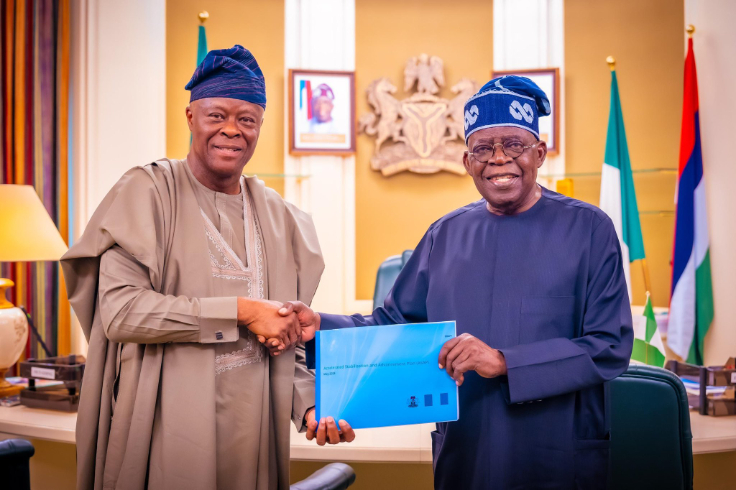
Minister of Industry, Trade and Investment, Dr Jumoke Oduwole
The Federal Government of Nigeria has completed its first five-year implementation review of the African Continental Free Trade Area.
The step marks a renew quest for Nigeria to unlock the full benefits of intra-African trade and position the country as a regional economic powerhouse.
The assessment, which aligns with Article 28 of the AfCFTA Agreement, evaluates Nigeria’s progress in implementing key protocols and commitments under the agreement.
A statement made available to our correspondent revealed that the review was coordinated by the Federal Ministry of Industry, Trade and Investment, with technical and financial support from the United Nations Development Programme Regional Bureau for Africa.
The review underscores Nigeria’s leadership in regional integration and its commitment to building a diversified, inclusive and globally competitive economy.
Minister of Industry, Trade and Investment, Dr Jumoke Oduwole, said the assessment became imperative to measure progress, identify gaps, and strengthen Nigeria’s institutional readiness for deeper trade integration across Africa.
According to her, “Our unwavering commitment to the implementation of the AfCFTA is rooted in the conviction that continental economic integration, driven by trade, is essential for Africa’s collective prosperity and global competitiveness.
“Nigeria is strategically positioned to serve as an innovation, production, and trade hub within the AfCFTA market,” Oduwole added.
The review focused on Nigeria’s progress with the AfCFTA Framework Agreement and Phase I Protocols, which include Trade in Goods, Trade in Services, and the Protocol on Rules and Procedures on the Settlement of Disputes.
“First, the scale and complexity of the AfCFTA demand a robust, multistakeholder and coordinated approach.
“Second, realising our ambitions requires strategic investments in institutional capacity.
“Third, innovation, agility, and evidence-based policymaking must be at the heart of our strategy,” Oduwole said.
The assessment highlighted the need for improved coordination among government agencies, enhanced private sector engagement, and sustained capacity-building efforts.
It also identified policy misalignments and logistical constraints as key areas requiring attention for effective implementation.
The minister explained, “We are not just reviewing for the sake of compliance. The recommendations from this review will shape the CCC’s work programme, establish performance benchmarks for institutions, and fine-tune our national implementation strategy.”
She added that the review is in line with President Bola Tinubu’s Renewed Hope Agenda, which prioritises non-oil export diversification and enhanced participation in the continental trade framework.






